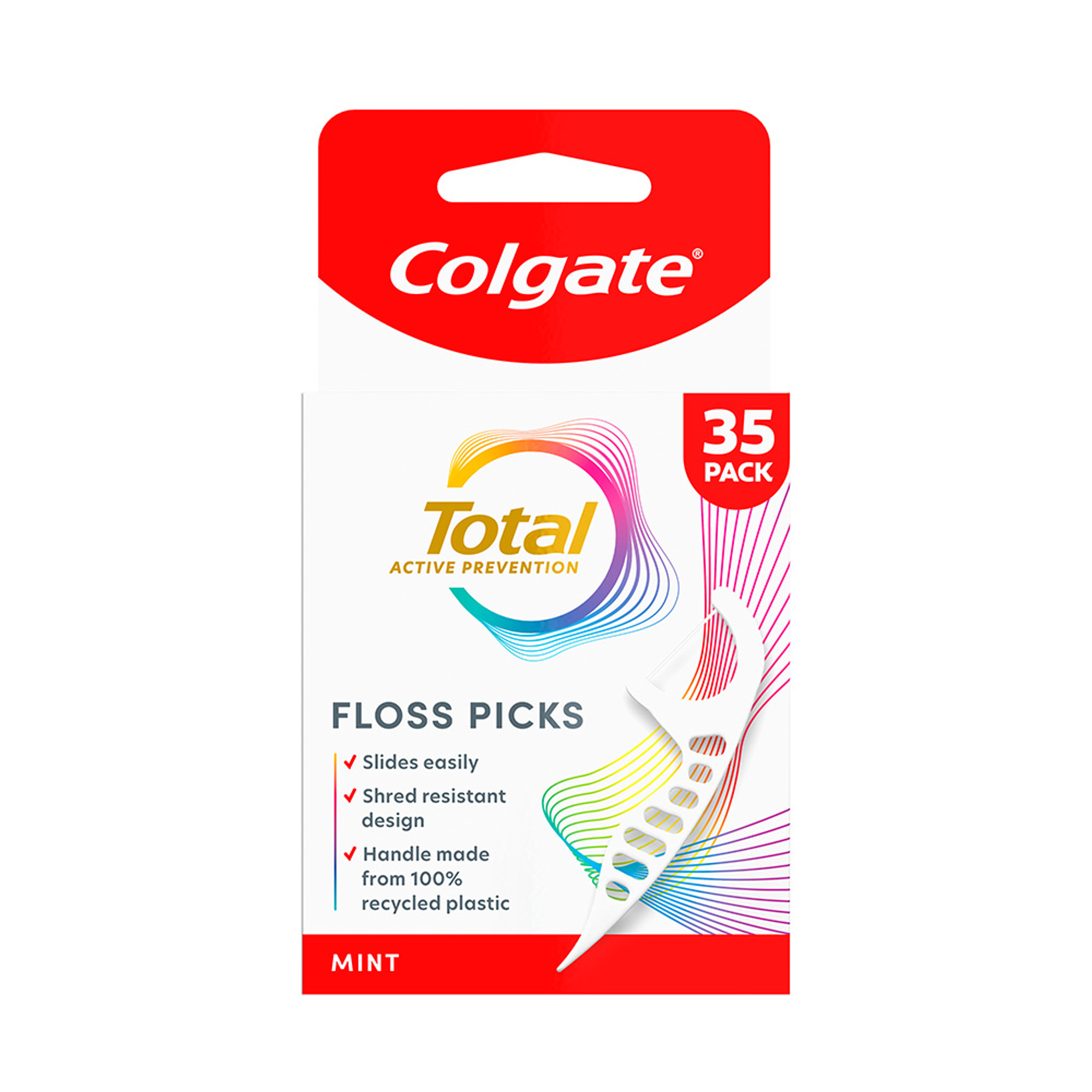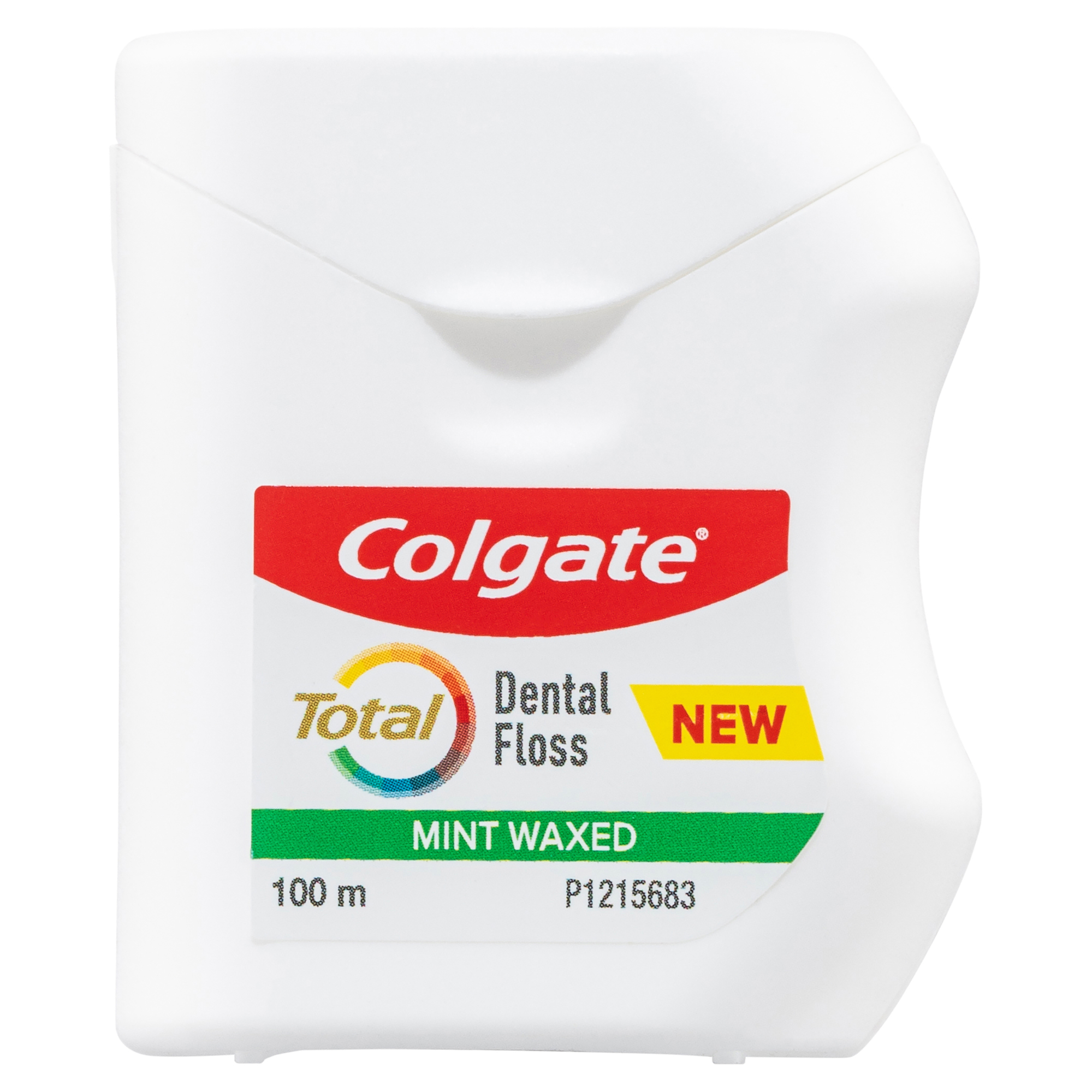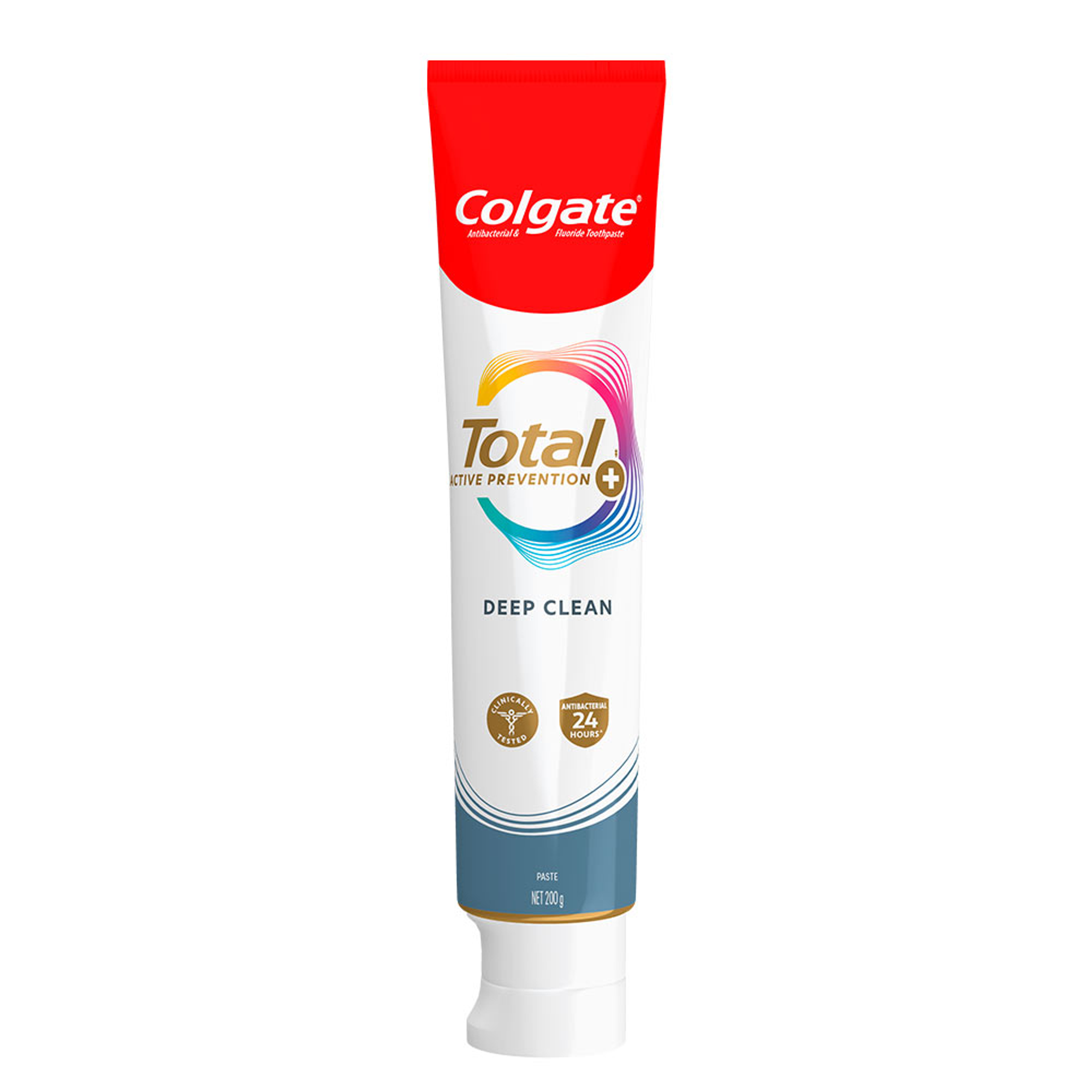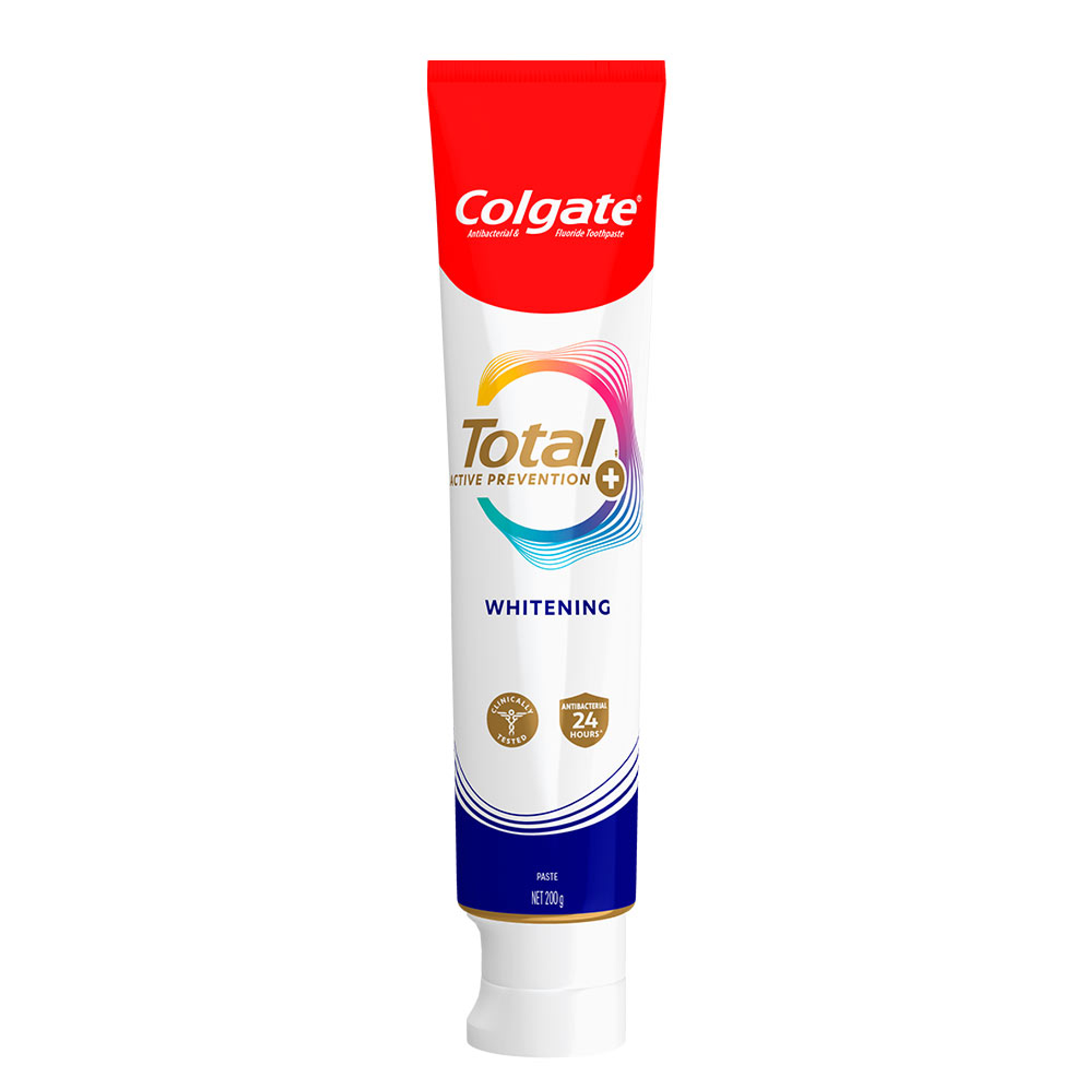What is gum disease?
Gum disease, also known as periodontal disease, is an infection of the gums and other tissues that hold your teeth in place. Gingivitis is the early stage of gum disease, and develops when plaque, a sticky substance full of bacteria, starts to build up around your gum line.
You might notice some inflammation and swelling around your gums, and they may bleed when you brush your teeth. If gingivitis is not treated, the Australian Dental Association (ADA) explains that it may develop into periodontitis, a more severe form of gum disease.
Below the gum line, the inflammation caused by periodontitis causes pockets to form between the gum tissue and the teeth, trapping food, bacteria and plaque. As periodontitis gets more advanced, the bones and connective tissues that hold your teeth in place are damaged, and your teeth may start to feel loose. In the most severe cases, the bone surrounding the teeth can break down to the point where the teeth are lost or need to be removed. At the early stage of gum disease, gingivitis can be treated and completely reversed. However, once it progresses to periodontitis, the damage to the connective tissue and bone is irreversible. For that reason, it's important to try to catch gum disease as early as possible or, ideally, prevent it altogether. We're going to let you in on some great oral care advice so you can fight periodontal disease and keep your winning smile intact.
How to help prevent severe gum disease
The best way to prevent periodontitis is to practice good oral hygiene at home.
- Brush at least twice a day.
- Consider using a toothbrush with a tongue and cheek cleaner and a flexible head so you can clean your whole mouth.
- Use a toothpaste specially formulated to fight plaque and prevent gingivitis, and check that it has the ADA Seal of Approval.
- Clean between your teeth with floss, interdental brushes or water flossers at least once a day.
- Use an antimicrobial mouth rinse.
- Use a tongue scraper to clean your tongue.
Be sure to see your dental professional so that they can perform regular cleanings and check the health of your teeth and gums. If you notice anything different or abnormal about your gums, such as swelling or bleeding, don't wait until your next check-up – make an appointment with your dental professional right away.
If your dental professional notices plaque build-up, inflammation in your gums, or pockets in the gum tissue around your teeth, they will probably recommend that you get a deep cleaning.
How does deep cleaning treat gum disease?
If your dental professional diagnoses you with gum disease, a deep cleaning (also known as a scaling and root planing) can treat its effects. Your dental professional will remove plaque from your teeth and clean any pockets that have developed below your gum line using manual tools and/or ultrasonic vibrations. They can then smooth out the roots of your teeth to help your gums reattach to the teeth after the procedure. Scaling and root planing can require one or more visits, depending on the severity of your gum disease.
Your dentist may use a local anaesthetic to numb the area of your mouth they are cleaning. After the procedure, you may be prescribed antibiotics to help badly affected tissues heal. Your dental professional will give you aftercare advice tailored to your individual needs, but will likely recommend that you be careful about what you eat and how you brush your teeth until after your gums heal. Your gums may feel tender after deep cleaning, but this should only last for a couple of days.
If your gums do not show signs of healing after this time, or if they become painful, contact your dental professional for advice.
Can teeth fall out after deep cleaning?
Sometimes, plaque and tartar build up and fill the pockets in your gums, making your teeth feel more stable than they are. After this build-up is removed, your teeth can feel loose and may feel like they are more likely to fall out. Despite that feeling of looseness, removing this build-up helps your gums reattach to your teeth, increasing the chances they will be part of your smile in the long term.
What happens if your periodontitis requires surgery?
If you have advanced periodontitis that cannot be treated with a deep clean, you may require one of the following surgeries.
- Flap surgery (surgery to provide access to hard to reach root surfaces)
Small incisions will be made in your gums, exposing the roots for more effective scaling and root planing. - Soft tissue grafts
Tissue from the roof of your mouth (or another donor source) is attached to an area of gum recession. - Bone grafting
Synthetic bone, your bone, or donated bone is grafted to the bone around your tooth root, helping to rebuild the lost bone. This can only be done in specific cases. - Guided tissue regeneration
A biocompatible material is placed in your gum to prevent unwanted tissue from entering an area of bone loss, allowing bone to grow back instead. - Tissue-stimulating proteins
A gel is applied to the diseased tooth root that contains proteins found in developing tissues. This gel stimulates the growth of healthy bone and tissue.
The best way to prevent gum disease is to practice good oral hygiene at home. If you do develop gum disease, then seeing your dental professional for regular check-ups is the best way to diagnose and treat it early. You can get a deep cleaning if necessary to help stop the development of a more severe case of periodontitis. Together, you and your dental professional will be able to discuss the best options for your individual needs.
This article is intended to promote understanding of and knowledge about general oral health topics. It is not intended to be a substitute for professional advice, diagnosis or treatment. Always seek the advice of your dentist or other qualified healthcare provider with any questions you may have regarding a medical condition or treatment.














